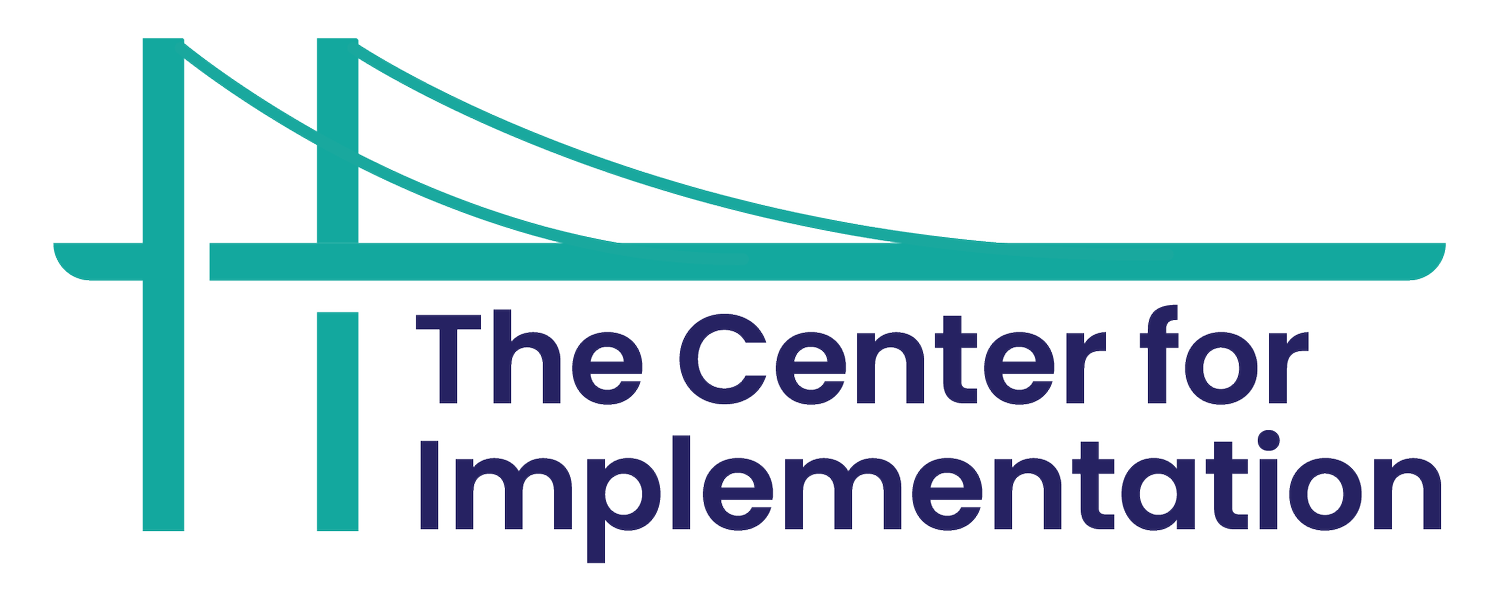
Terminology Acknowledgment
We regularly reflect on and adapt the terms we use to ensure that we are using inclusive language and communicating in a way that aligns with our values.
We also adapt terms when we find alternatives that are more widely understood by the individuals and organizations we support, or because of developments in the field of implementation science. Some examples of terms we have changed or adapted are included below.
Implementation strategies → Change strategies
We often use the term "change strategies" instead of "implementation strategies" given the diverse audiences we work with. We have found that the term "change strategies" tends to resonate more with people.
Intervention → THING
We typically don't use the term "intervention" as it implies intervening on or interfering with others. This term is more commonly used in research, academia, and clinical settings but less common in other organizations/communities that are implementing changes. The term also strips agency away from the people who are involved in the change, as it assumes they are targets and not part of the change.
Therefore, there are equity considerations for using the term. There are multiple alternative terms that can be used. Here we will refer to a “program”, "initiative" (which we commonly use), "innovation" (e.g., often used for new technology) as the THING.
Stakeholders → People implementing the change
We have stopped using the term “stakeholder” for a few reasons. First, it is deeply rooted in colonialism when land was stolen from Indigenous people by European settlers. Second, it assumes that all people have the same "stake" in change, while Indigenous communities have certain unique rights.
We use terms like "people implementing the change", "people impacted by the change", and when appropriate, "rights-bearing communities”.
